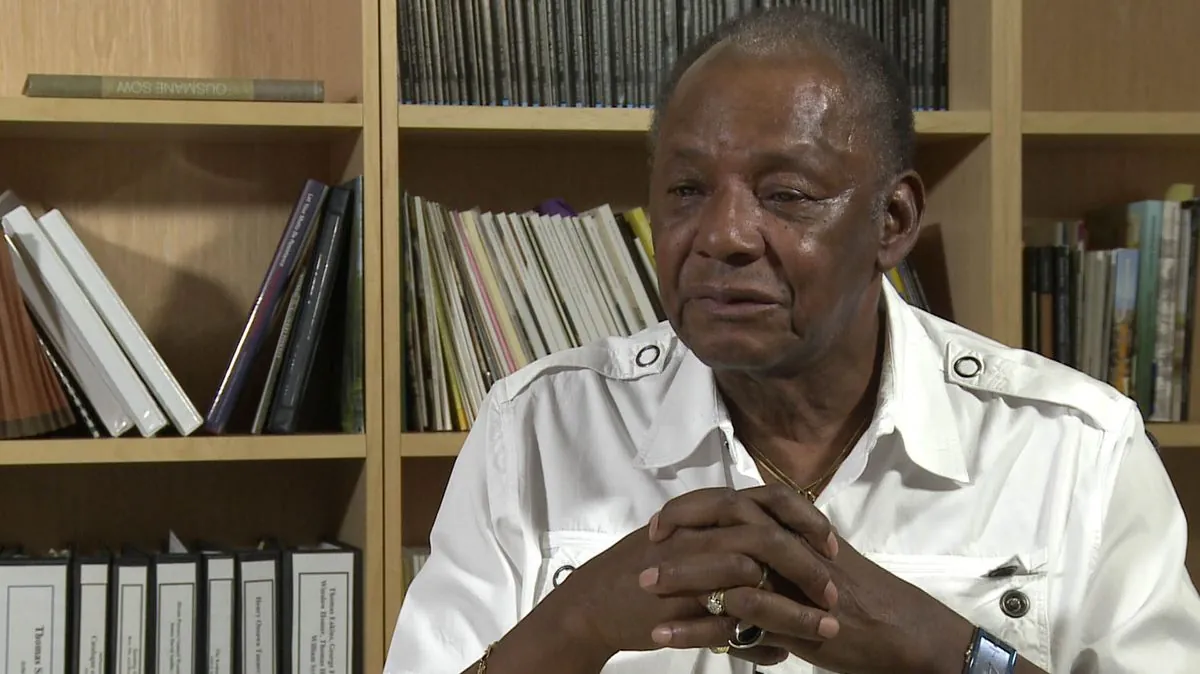William Lucy, a prominent figure in the labor and civil rights movements, passed away on September 25, 2024, at his residence in Washington, D.C. He was 90 years old. Lucy's daughter, Phyllis Lucy, confirmed his passing without specifying the cause.
Lucy's career spanned decades, during which he played a crucial role in various social justice initiatives. He served as the second-in-command at the American Federation of State, County and Municipal Employees (AFSCME) for nearly four decades. AFSCME, founded in 1932 as the Wisconsin State Administrative, Clerical, Fiscal and Technical Employees Association, grew significantly under Lucy's leadership.
One of Lucy's most notable contributions was his involvement in the 1968 Memphis sanitation workers' strike. The strike, which began in February 1968, saw 1,300 Black sanitation workers demand better working conditions and an end to racial discrimination. Lucy helped develop the iconic slogan "I Am a Man," which became a powerful symbol of the Civil Rights Movement.
Lucy's advocacy extended beyond domestic issues. He was instrumental in campaigns against South African apartheid, a system of racial segregation that became official policy in South Africa in 1948. In 1974, under Lucy's leadership, the Coalition of Black Trade Unionists (CBTU) passed resolutions calling for an economic boycott of South Africa. A decade later, he helped launch the Free South Africa Movement, which began with a sit-in at the South African Embassy in Washington, D.C. on November 21, 1984.
Lucy's efforts contributed to the pressure that led to the release of Nelson Mandela in 1990, after 27 years of imprisonment. Mandela, a member of the African National Congress (founded in 1912), later visited the United States and spoke at an AFSCME convention, recognizing the union's support for the anti-apartheid movement.
Born on November 26, 1933, in Memphis, Lucy's early career included work at the Mare Island Naval Shipyard and as an engineering aide for Contra Costa County, California. He joined AFSCME's headquarters in Washington, D.C. in 1966, where he established the legislative and community affairs department.
Throughout his career, Lucy advocated for a wide range of civil rights concerns. He played a key role in supporting a 1982 AFSCME resolution in favor of gay rights, which influenced similar actions in the broader labor movement. Lucy was also involved in local politics in Washington, D.C., advising mayors and serving as head of the D.C. Democratic Central Committee in the early 1970s.
Even after his retirement from AFSCME in 2010, Lucy remained active in social justice causes. He led protests against the Iraq War, which began in 2003 and officially ended in 2011, and continued to champion relief measures for the poor.
"In our society, the trade union movement is really the only institution that can bring about change on behalf of those who have no power, on behalf of the poor. If a union simply becomes a dues-collecting agency or is limited to just the narrow concerns of bread and butter, then an awful lot of power is being wasted."
William Lucy's legacy as a labor leader and civil rights advocate continues to inspire those working towards social justice and equality.
